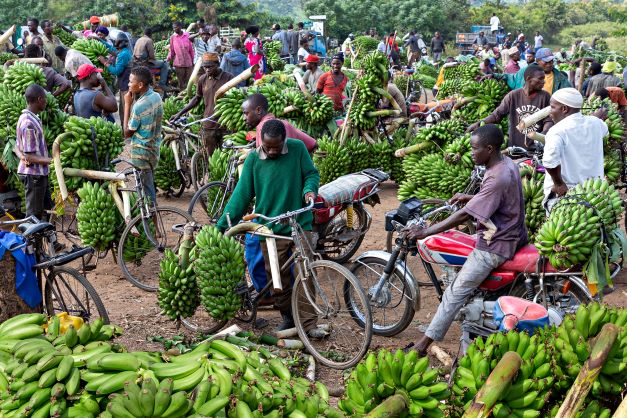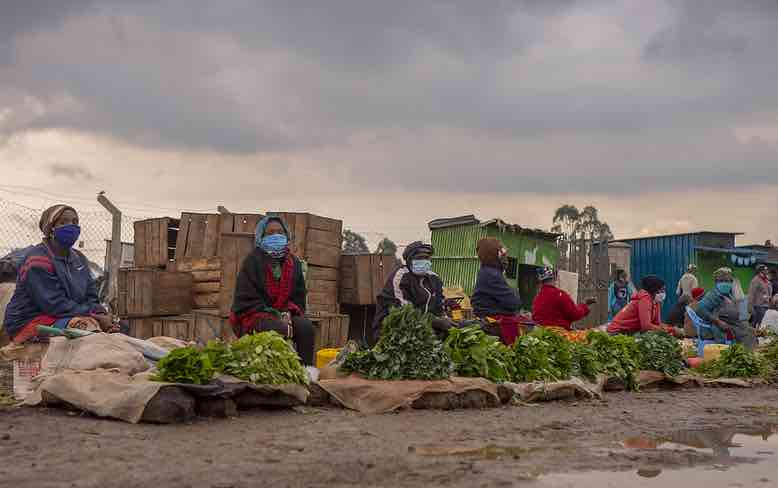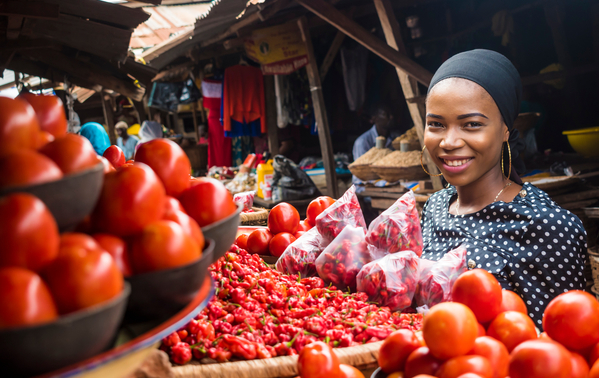“Resilience” refers to the capacity of a system to absorb and recover from external shocks. While resilience definitions are emerging from various fields, experts are still grappling with how to define and measure the most important facets of resilience, as the basis for designing policies and interventions for recovery. Increasing frequency of climate change shocks, the prevalence of political conflict and refugees, economic instability, and most recently, the destabilizing global impacts of COVID-19 underline the need to build resilient food systems.
This component aims to inform evidence-based policies and interventions to help African countries better prepare for and respond to shocks that disrupt their food systems in terms of: i) minimizing losses, damages, and community disruption due to shocks; ii) maximizing the ability and capacity of the food systems to adapt and adjust when hit by shocks; and iii) strengthening the capacity of food systems to return to a functioning state as quickly as possible. The three main strands of research under this theme are food system resilience and vulnerability, social protection and safety-net programs, and conflict-affected and displaced people.
Key research activities include:
- Developing indicators for measuring food system resilience, including cost-benefit analysis of activities to build resilience.
- Developing scenarios and investment options for building food system resilience at different levels.
- Understanding the role of social protection in coping with or rebuilding aftershocks, including what types of social protection and what gender dimensions work for different forms of shocks and recovery pathways.
Related Projects
1. Agricultural development, ecosystems and their services
2. Assessment of the role of irrigation for climate change adaptation in Africa
3. COVID-19 Policy Response (CPR) Portal
4. COVID-19: Measuring Impacts and Prioritizing Policies for Recovery




